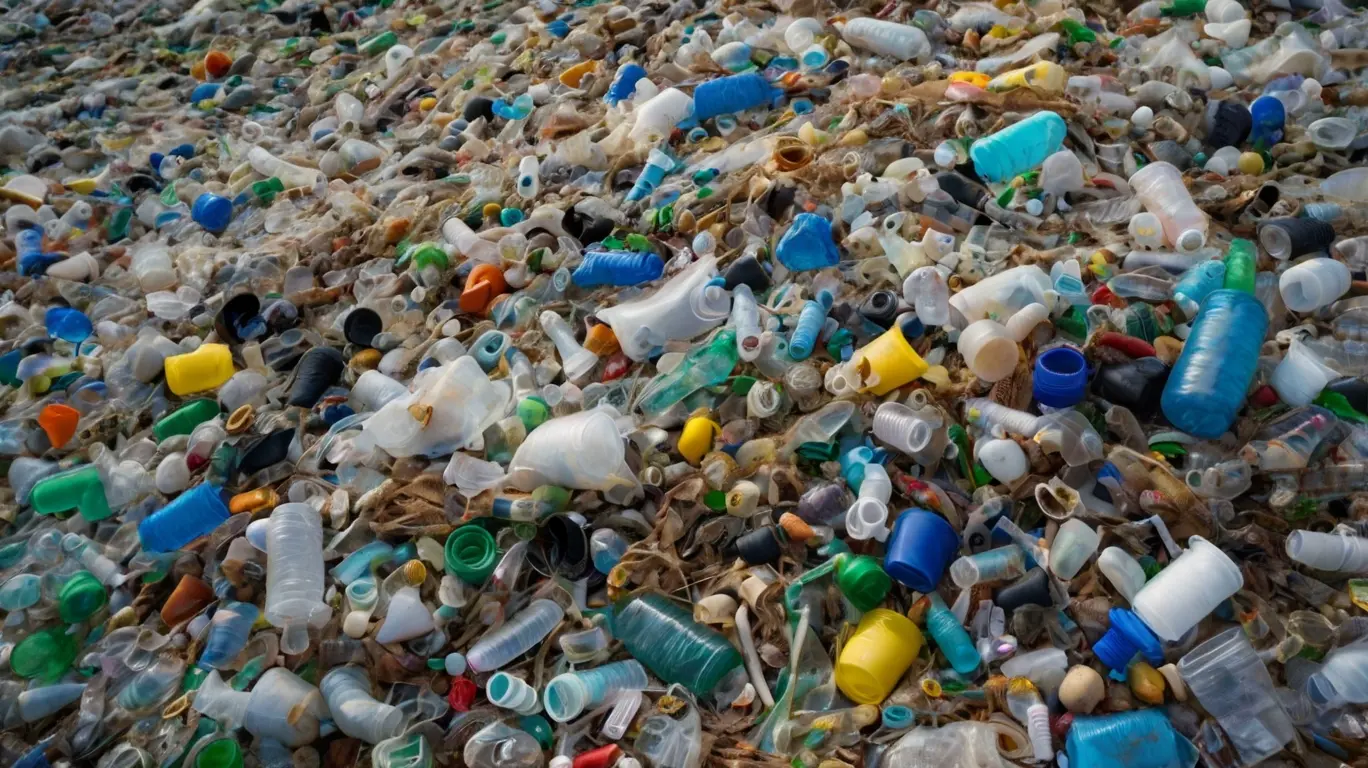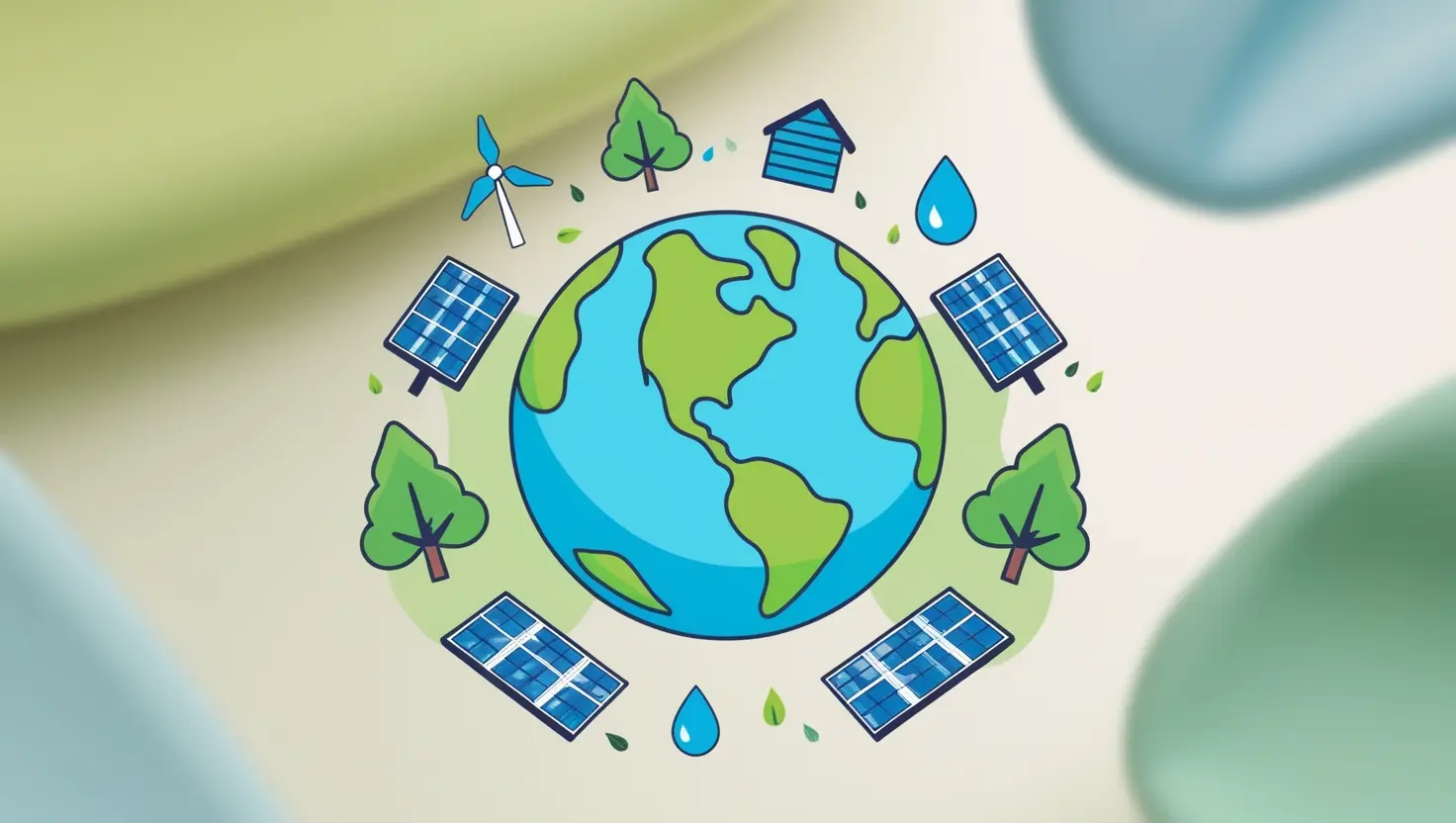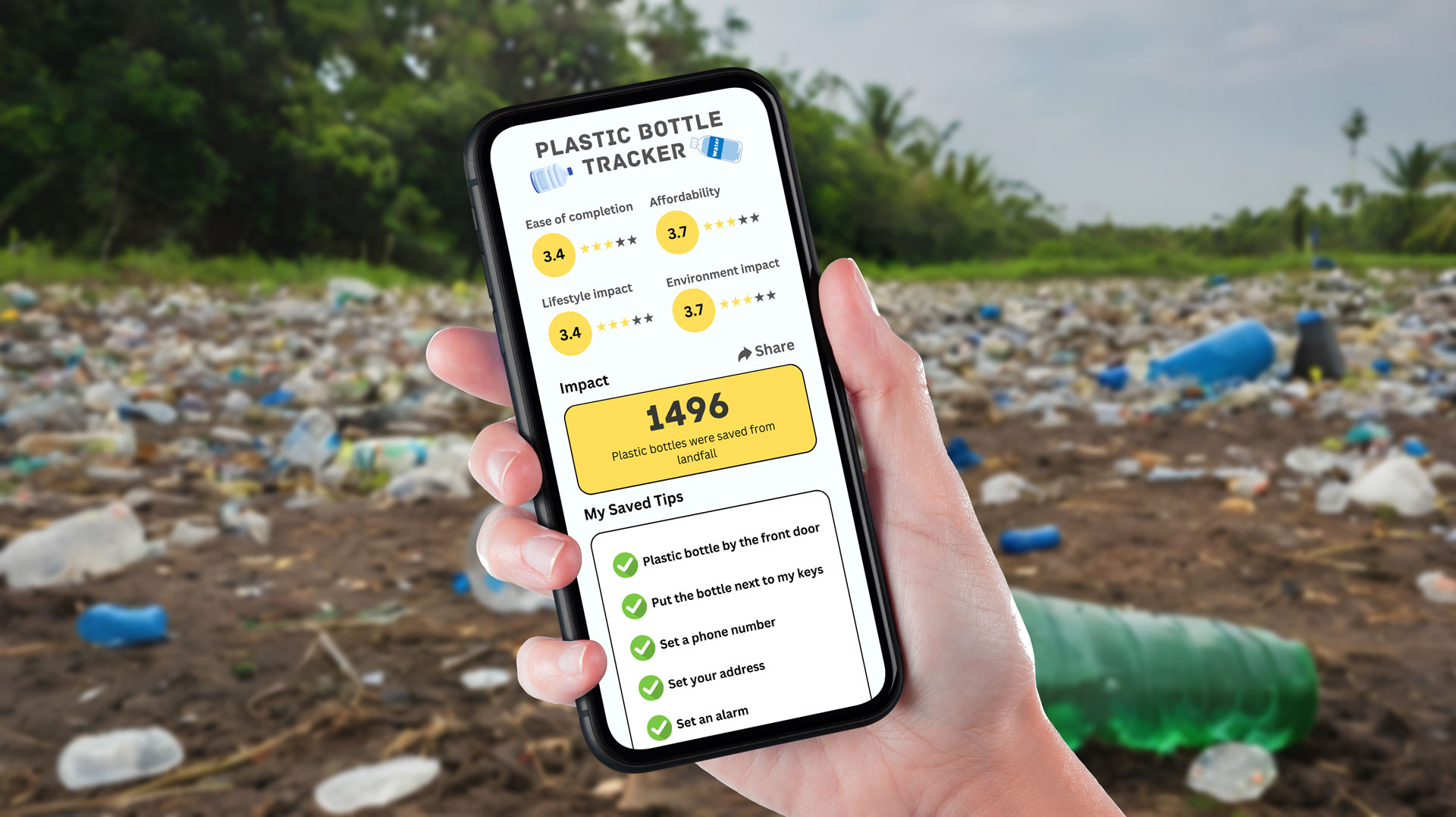One of the most serious environmental problems of our time is plastic pollution. Discarded plastic threatens wildlife, human health, and the planet, and there is too much of it—much of which ends up in our oceans and ecosystems. But all of us can make a difference. Small changes can go a long way in reducing our reliance on plastic and helping us create a cleaner and healthier place to live.
This guide explores ten easy ways to reduce plastic daily, including tips and resources to help you make a difference.
Why Reducing Plastic Is Important
Before we dive into actionable tips, let’s take a moment to understand why reducing plastic is crucial:
- Environmental Impact: Plastic can take hundreds of years to decompose and often breaks down into microplastics that pollute soil and water.
- Marine Life Endangerment: Plastic waste kills over 100,000 marine animals annually through ingestion or entanglement.
- Human Health Risks: We now know that microplastics are in our food and water and can pose a health threat.
By making conscious choices and decisions, we can reduce these impacts while setting an example for future generations.
1. Replace Single-Use Plastic Bags with Reusable Alternatives
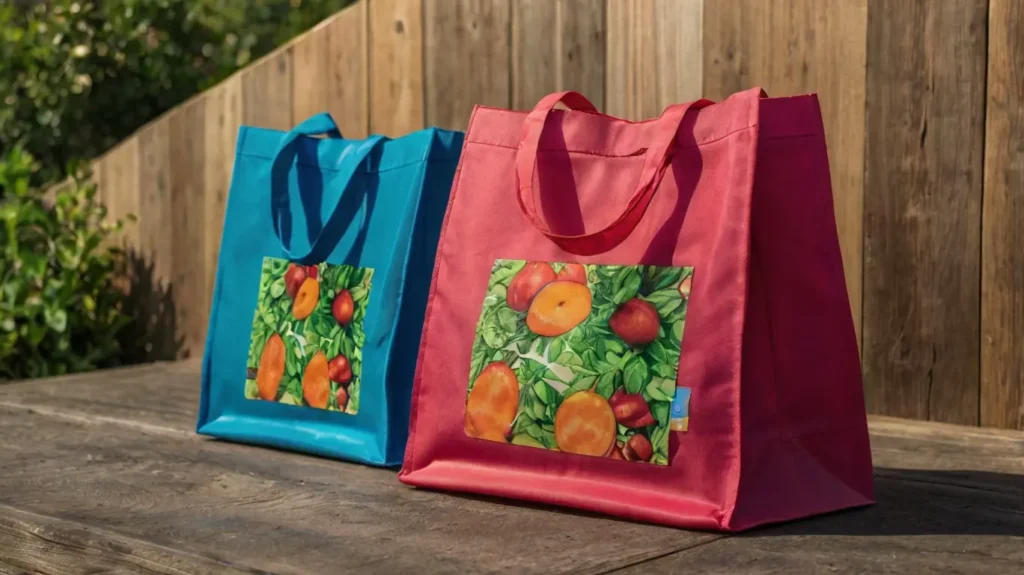
Litter is one of the most common sources of plastic bags. They are lightweight, used for a few minutes, and live in the environment for centuries.
What You Can Do:
- Shop with durable cloth or jute bags.
- Store foldable reusable bags in your car or your purse so you can grab them when you make a spontaneous purchase.
- Some stores provide paper or biodegradable options if you leave your bag at home.
Impact: A reusable bag used once a week saves over 500 plastic bags a year.
2. Carry a Reusable Water Bottle
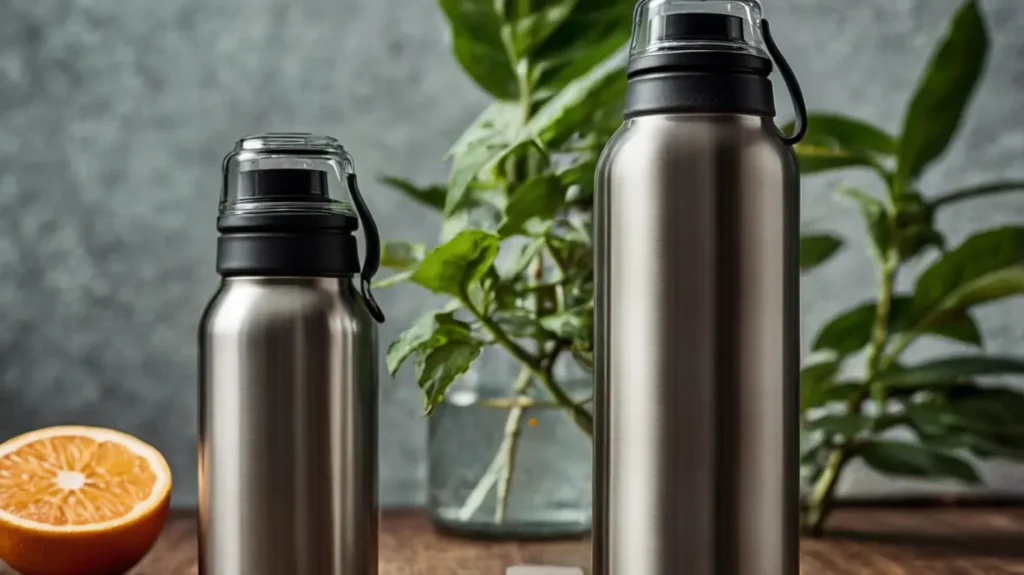
Although convenient, bottled water is a significant source of plastic waste. Millions of plastic bottles end up in landfills or the ocean each year.
Solutions:
- Select a stainless steel, glass, or BPA-free plastic bottle.
- Use a water filter to get clean, great-tasting water at home.
- Fill up your bottle at public fountains or coffee shops, encouraging eco-friendly efforts.
Pro Tip: You can customize your reusable bottle with fun stickers, making it uniquely yours!
3. Skip the Plastic Straw

Used for minutes but can last hundreds of years in the environment, plastic straws. Due to their small size, they are especially harmful to marine animals.
Alternatives:
- Use reusable straws, if possible, made of stainless steel, silicone, or bamboo.
- Try to pick drinks without a straw; if you have to, go with a paper straw.
- Promote a free policy in your favorite restaurants and cafes.
Quick Fact: According to the U.S., 500 million plastic straws are used daily. A simple switch can make a huge difference.
4. Plastic-Free Food Storage

In the long run, plastic wraps and containers are convenient but harmful. Instead of replacing them with eco-friendly alternatives, you reduce waste and improve food preservation.
Options:
- Sandwiches can be wrapped with beeswax wraps, or bowls can be covered with them.
- Store leftovers in glass containers with airtight lids.
- Silicone bags are great for freezing and storing snacks or liquids.
Bonus Benefit: The alternatives are free of harmful chemicals, making your food safe and fresh.
5. Buy in Bulk to Minimize Packaging
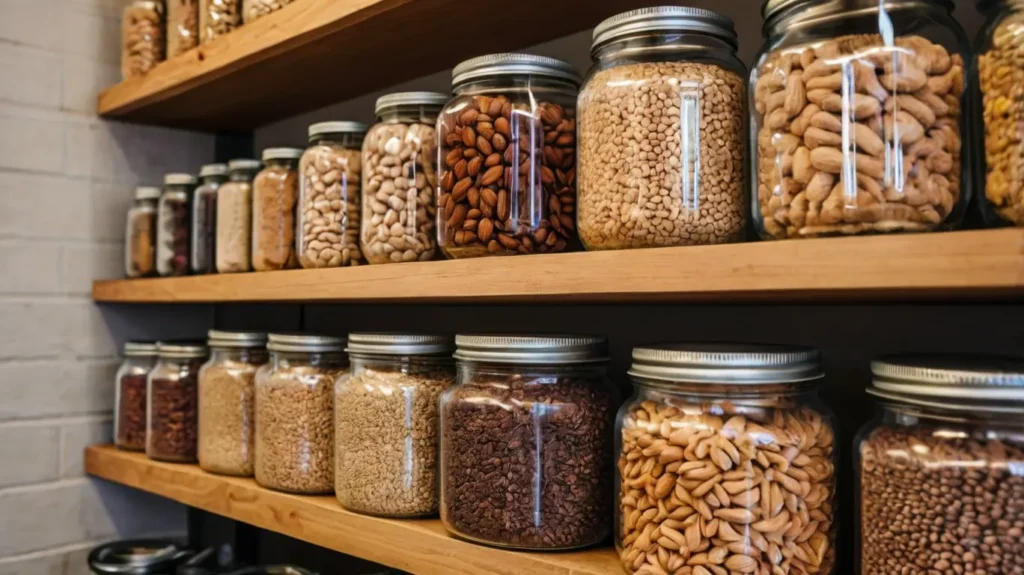
Single-serving products are great but come with a lot of unnecessary plastic. It’s not just a waste you’re cutting down on; it can also save you money in the long run.
What to Do:
- Take your jars or cloth bags to bulk food stores.
- Grains, nuts, spices, and cleaning supplies are other refill items.
- Seek refill stations for shampoo, soap, and detergent.
Tip: If you’re in the area, check out zero-waste stores for bulk-friendly shopping.
6. Try Plastic Free Personal Care Products

Plastic Packaging is a significant component in the beauty and personal care industry, and much of it is not recyclable. However, eco-friendly options are starting to gain popularity.
Try These Swaps:
- Plastic toothbrushes are replaced with bamboo toothbrushes.
- Liquid products in bottles, such as shampoo, conditioner, and bar soap.
- Replaceable blade razors, not disposable.
- Compostable floss or floss in glass containers.
Eco-Friendly Brands: Many companies now offer refillable or biodegradable Packaging, so check it out!
7. Say No to Plastic Utensils

Takeout meals often come with plastic utensils, which most people don’t need if they eat at home or have their cutlery.
Simple Solutions:
- Bring a portable cutlery set with bamboo, stainless steel, or other reusable material.
- Ordering takeout or delivery? Politely decline plastic utensils.
- Have a spare set of utensils at your workplace or in your car.
Impact: Using a reusable set, you can replace hundreds of disposable utensils yearly.
8. Bring a reusable coffee cup

However, many coffee shops still use disposable cups lined with plastic, which are hard to recycle. A reusable coffee cup is a simple solution with a significant impact.
Steps to Take:
- Buy coffee, bring your insulated tumbler or travel mug.
- Do your best to support cafes that provide discounts for reusable cups.
- Try to brew your coffee at home in a French press or pour-over kit.
Fun Fact: Some reusable cups are flat enough to fold and carry.
9. Choose Eco-Friendly Packaging

Plastic is overpackaged in many products, especially online orders. Seek alternatives and promote the practice of sustainability.
What to Look For:
- Cardboard, glass, or metal packaged products.
- Compostable shipping materials (or mailers).
- Local stores where you can skip online shipping altogether.
Actionable Idea: Ask your favorite brands to switch to sustainable Packaging.
10. Spread the Word, Get Educated
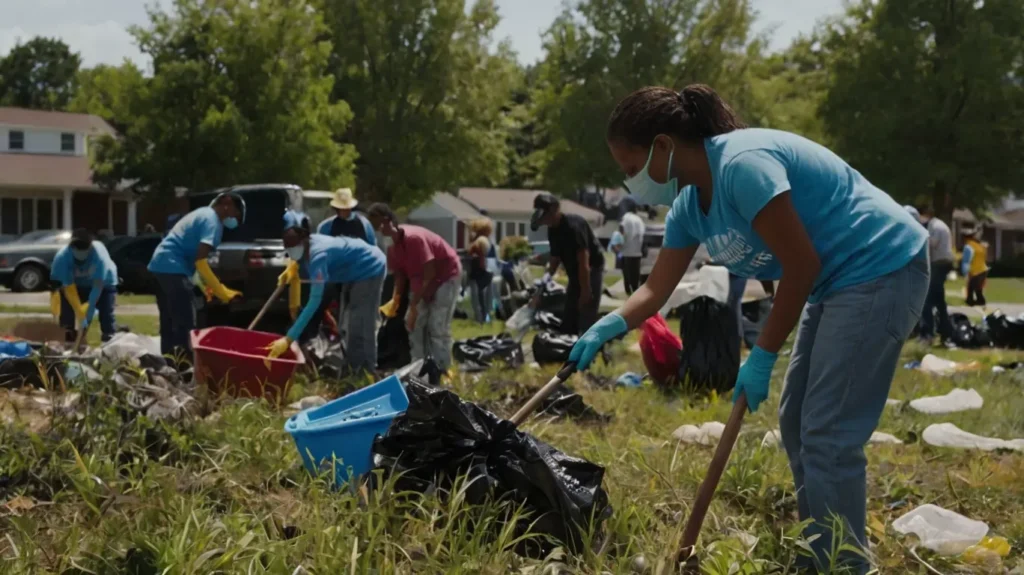
It is everyone’s job to reduce plastic waste. Educating yourself and other people can amplify the effect of your efforts.
How to Get Involved:
- Learn your local recycling rules and teach your family.
- Share success stories and tips on social media to inspire others.
- Start or join an event that cleans up plastic waste in your area.
Inspiration: The more you know, the more you can do. Every person who knows contributes to the global fight against plastic pollution.
Other Plastic Reducing Tips
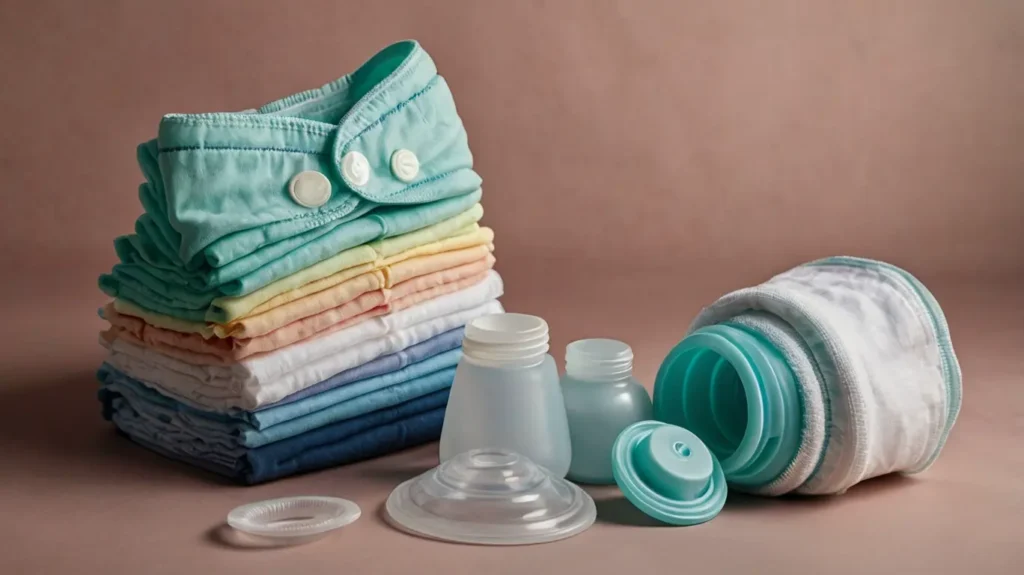
Here are some bonus ideas for those looking to go the extra mile:
- Instead of disposable diapers, use cloth diapers for babies.
- Reusable menstrual products (cups or cloth pads) are the way to go.
- Microbeads: Avoid beauty products (look for polyethylene or polypropylene on the label).
Did You Know? Just by eliminating microbeads, you prevent countless microplastics from entering waterways.
Reduction of Plastic: The Long-Term Benefits
These habits do more than cut down on waste; they encourage a culture of sustainability. Over time, these changes lead to:
- Cost Savings: Many reusable items will pay for themselves over time.
- Health Improvements: Less plastic-related toxins in your life.
- Community Impact: If you get others involved, it creates a ripple effect.
Call to Action: Join the Movement Today
You don’t have to go crazy trying to reduce plastic use. Pick one or two tips to start small and build on them. Let’s share your progress, inspire your community, and be part of the solution.
Ready to take action? Subscribe to our newsletter for more eco-friendly tips and updates. Together, we can make a world with less plastic and more possibilities.
These ten easy ways to reduce plastic will not only improve your lifestyle but also help create a future for generations to come. Even the most minor step can help make a cleaner, greener planet.
Let’s make the change, one step at a time.
